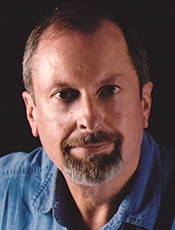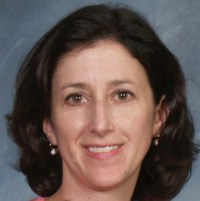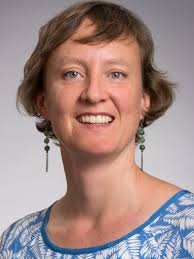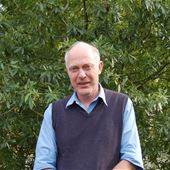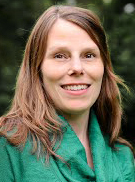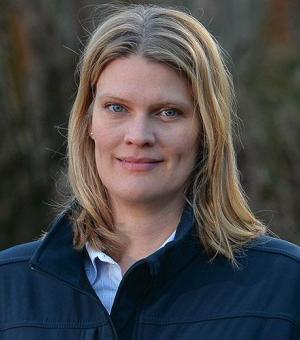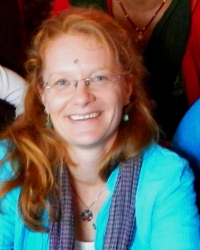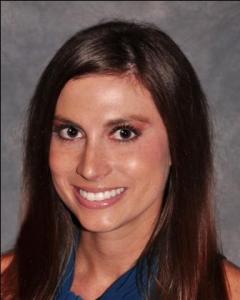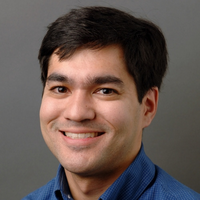Prof. Dr. Li An
Associate Professor, Geography
San Diego State University, USA
Prof. Dr. William G. Axinn
Director
Survey Research Center, University of Michigan (UM), USA
Professor
Population Studies Center, University of Michigan (UM), USA
Dr. Michael N. Bates
Adjunct Professor
School of Public Health, USA
Prof. Dr. Jennifer Glick
Professor
School of Social and Family Dynamics
College of Liberal Arts and Sciences, Arizona State University, USA
Prof. Dr. Sharon J. Hall
Director
Environmental Life Sciences, Arizona State University, USA
Senior Sustainability Scientist
Julie Ann Wrigley Global Institute of Sustainability
Prof. Dr. Sarah R. Hayford
Associate professor
Arizona State University, USA
Dr. Chloe Inskip
Consultant Conservation Scientist
Chester Zoo, Uk
Prof. Dr. Jianguo (Jack) Liu
Professor, Fisheries & Wildlife
University Of Michigan (UM), USA
Prof. Dr. Emily McKendry Smith
Assistant Professor
University of West Georgia, USA
Dr. Sean T. Murphy
Regional Director
CABI, UK
Dr. Sarah Brauner Otto
Associate Professor
McGill University, Canada
Prof. Dr. Lisa D. Pearce
Assistant Professor
Mississippi State University, USA
Prof. Dr. Rebecca L. Thornton
Associate Professor
Department of Economics, University of Illinois, USA
Prof. Dr. Arland Thornton
Research Professor
Population Studies Center, University Of Michigan (UM), USA
Research Professor
Survey Research Center, University Of Michigan (UM), USA
Dr. Alexandra Zimmermann
Head of Conservation Science, Senior Research Associate
WildCRU University of Oxford, UK
Prof. Dr. Nathalie Williams
Associate Professor
University of Washington, USA
Prof. Dr. Natalie Wilkens
Assistant Professor
Arizona State University, USA
Prof. Dr. Scott T. Yabiku
Professor of Sociology and Demography
Pennsylvania State University, USA
Prof. Dr. Abigail York
Senior Sustainability Scientist
Julie Ann Wrigley Global Institute of Sustainability, Arizona State University,USA




